Recommendation Info About How To Help Vomiting And Diarrhea
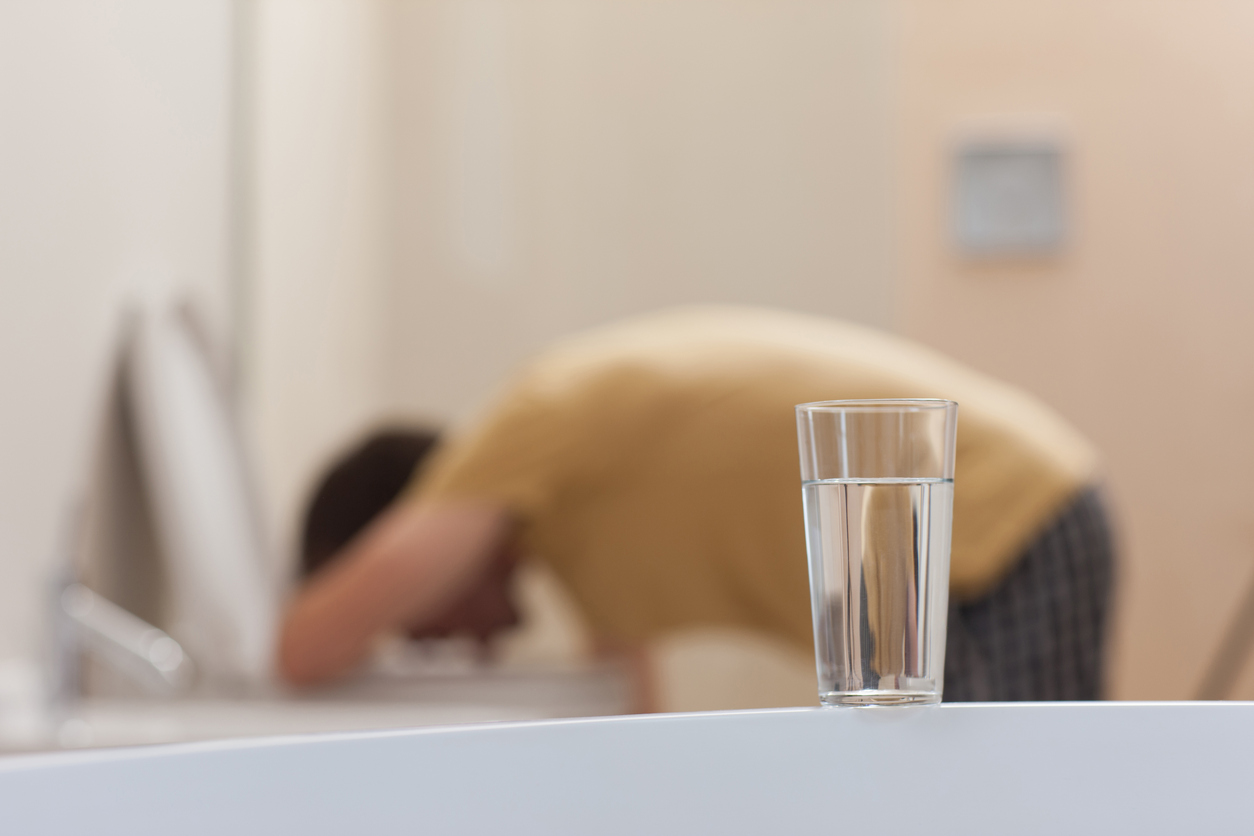
To help guard against contracting an infection that leads to nausea and diarrhea when traveling, take measures such as:
How to help vomiting and diarrhea. You're an older person, have a weakened immune system, or have other health conditions that increase your risk of dehydration. Washing your hands thoroughly before you eat and throughout the day ensuring that all your food is cooked to the appropriate temperature getting the proper diagnosis and treatment. Anyone can get infecte. centers for disease control on instagram:
Symptoms usually start within hours or several days of eating the food. Viral gastroenteritis is an inflammation and irritation of your intestines caused by one of a number of viruses, most commonly norovirus or. Symptoms improve without treatment within 48 hours.
Vomiting and diarrhoea can occur separately or together, but both can cause the body to lose vital fluids and salts. You can help maintain your electrolyte levels by drinking fruit juices for potassium or eating soups for sodium. Vomiting in an adult or a child age 2 or older lasts more than 1 day or a fever or severe diarrhea (large amounts of loose stool every 1 to 2 hours) lasts more than 2 days.
An ors is safe for babies, children, and adults. Overview symptoms when to see a doctor causes risk factors complications prevention overview viral gastroenteritis is an intestinal infection that includes signs and symptoms such as watery diarrhea, stomach cramps, nausea or vomiting, and sometimes fever. Some common causes of diarrhea and vomiting without fever include medication reactions, food sensitivities or allergies, stress, overeating certain foods, especially greasy foods, stress, too much alcohol, and functional bowel disorders.
Diarrhoea and vomiting are usually caused by irritation to the digestive system. An oral rehydration solution, or ors, is a great way to replace fluids and nutrients lost through vomiting and diarrhea. Try to drink plenty of pure water to replace the fluids you're losing.
The aim is to prevent dehydration by giving frequent sips of water, even if the casualty is vomiting. For some people, vomiting can stop a migraine attack. Maybe you ate something your stomach didn’t agree with.
Speak to a pharmacist if: For vomiting, follow these instructions in order: Norovirus is a very contagious virus.
Sometimes, it's the only symptom. That said, you can increase your chances of avoiding certain diseases or infections that cause vomiting and diarrhea by: If you can't keep your migraine medication down because of vomiting, your doctor can prescribe it as a nasal spray, dissolving tablet, or.
Home remedies when to see a doctor the bottom line you may experience nausea due to an infection, such as the stomach flu or food poisoning. For children, ask your doctor about using an oral rehydration solution, such as pedialyte, to prevent dehydration or replace lost fluids. Causes treatment home remedies complications when to seek help prevention summary many conditions can cause diarrhea and vomiting, including intestinal infections and food poisoning.
An ors can come in several forms, including a powder that you mix with water, a liquid that is already mixed, and as frozen popsicles. Research where you are going and talk to your healthcare provider about taking precautions beforehand, since some areas are more prone to traveler's diarrhea than others. Washing your hands often may help prevent it.
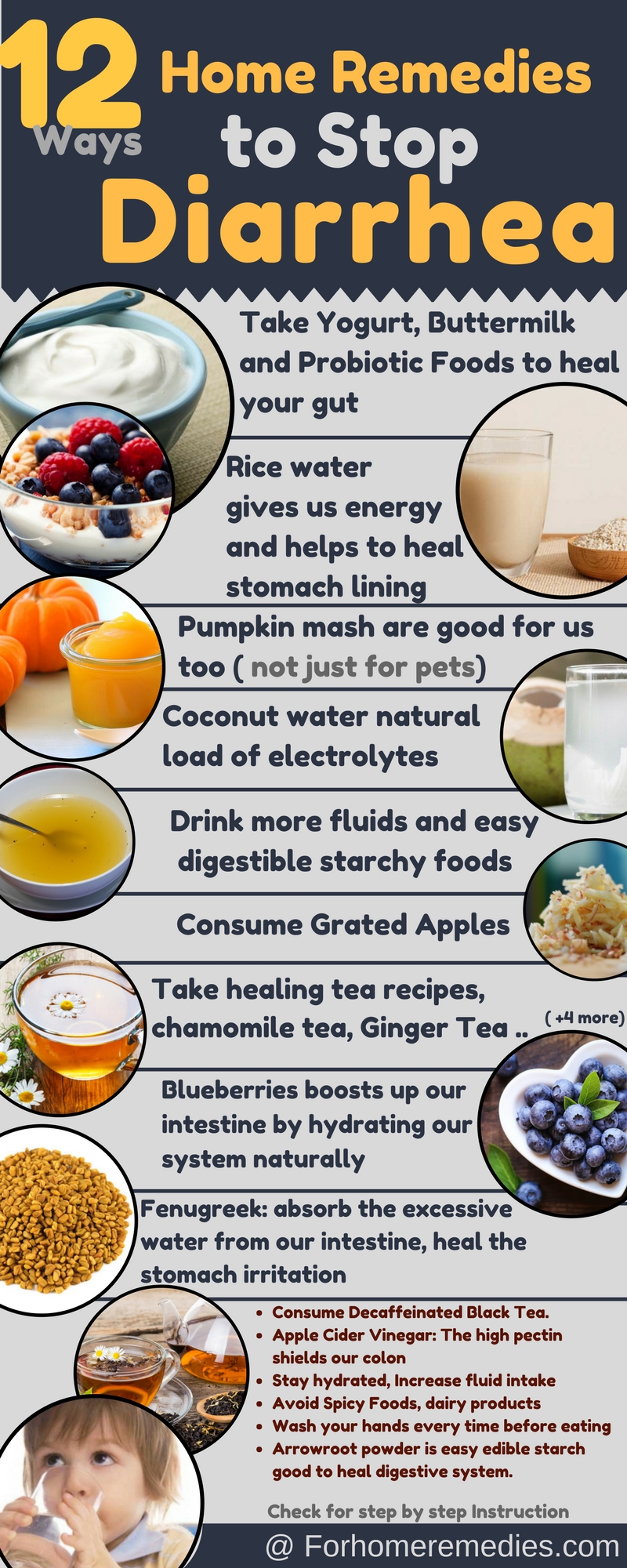


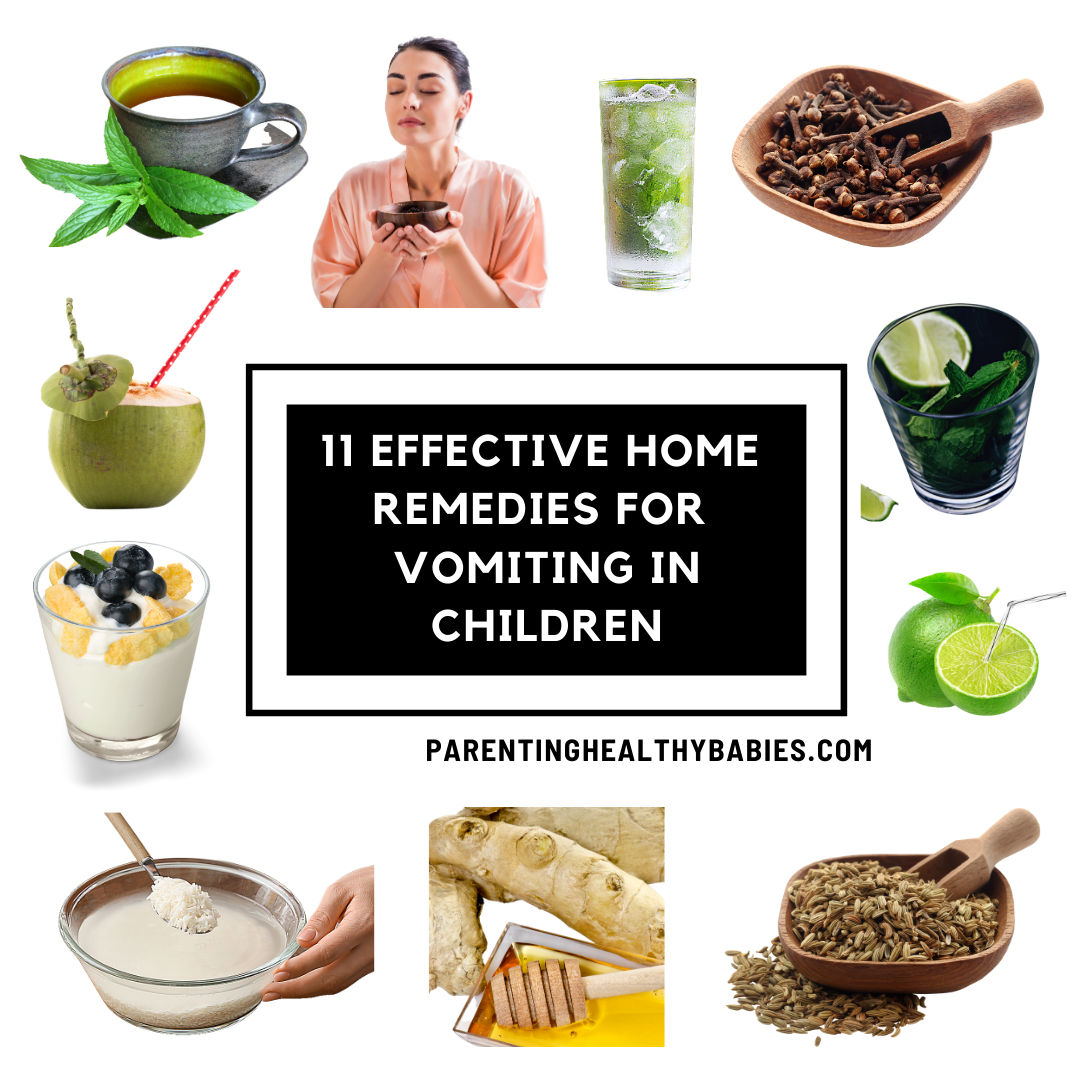
:max_bytes(150000):strip_icc()/causes-of-diarrhea-sudden-or-chronic-1324505-5bb7c1e8c9e77c0026b0f77a.png)


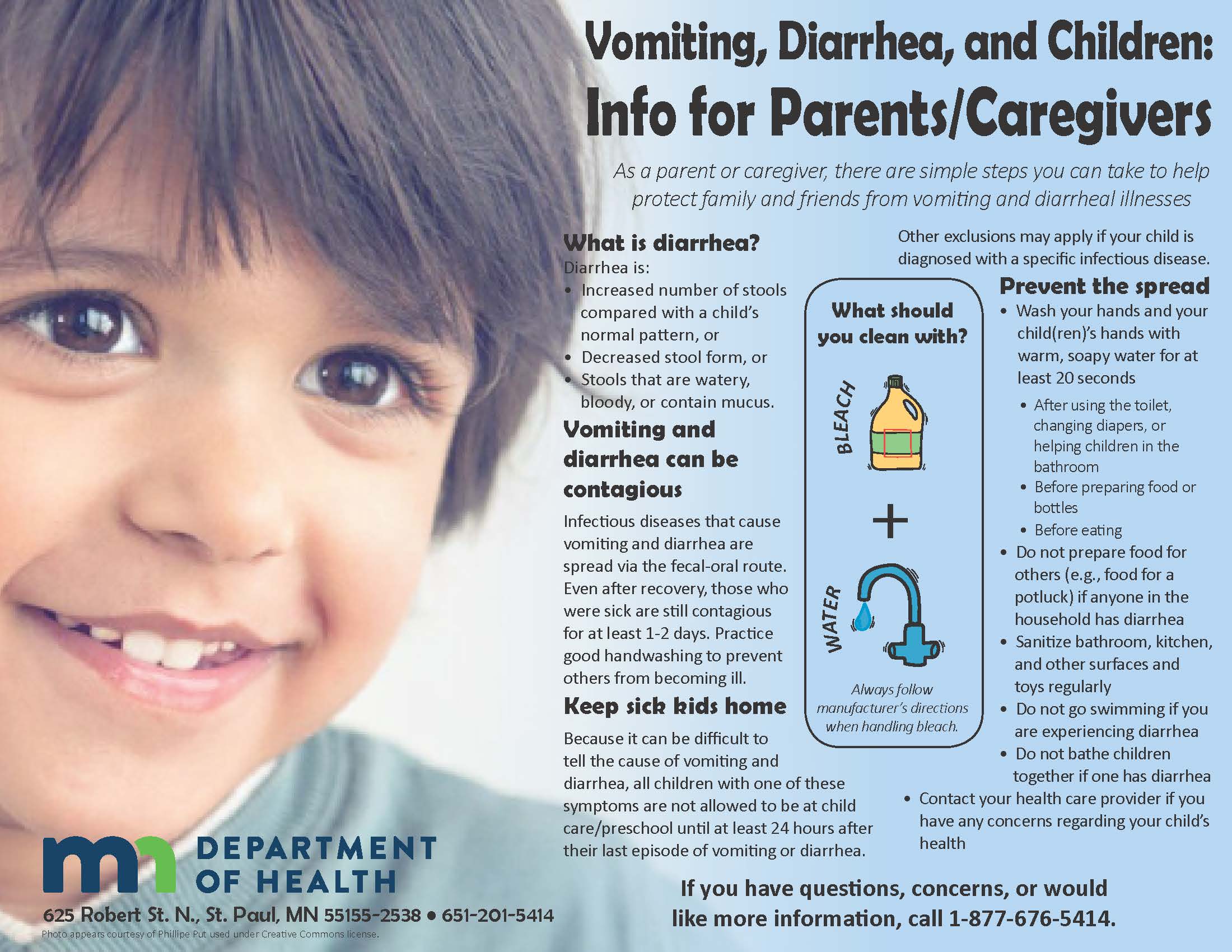

:max_bytes(150000):strip_icc()/diarrhea-in-pregnancy-4163950-v1-96d6ef1526db485094af396ab67d16c4.png)


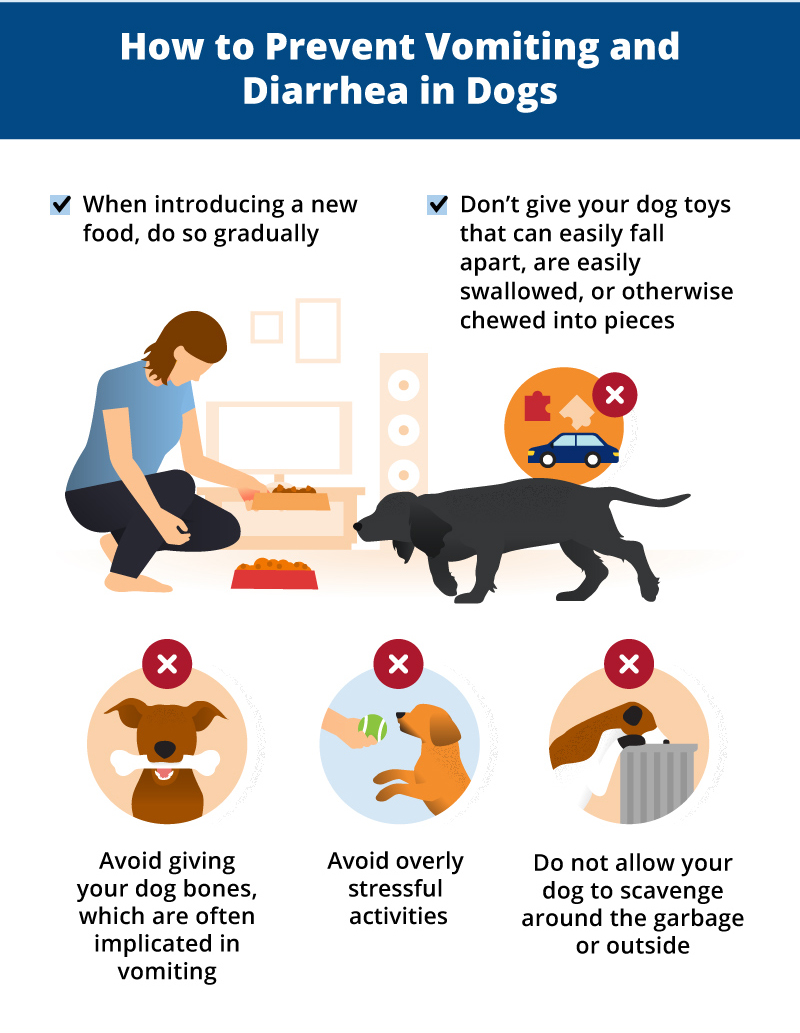
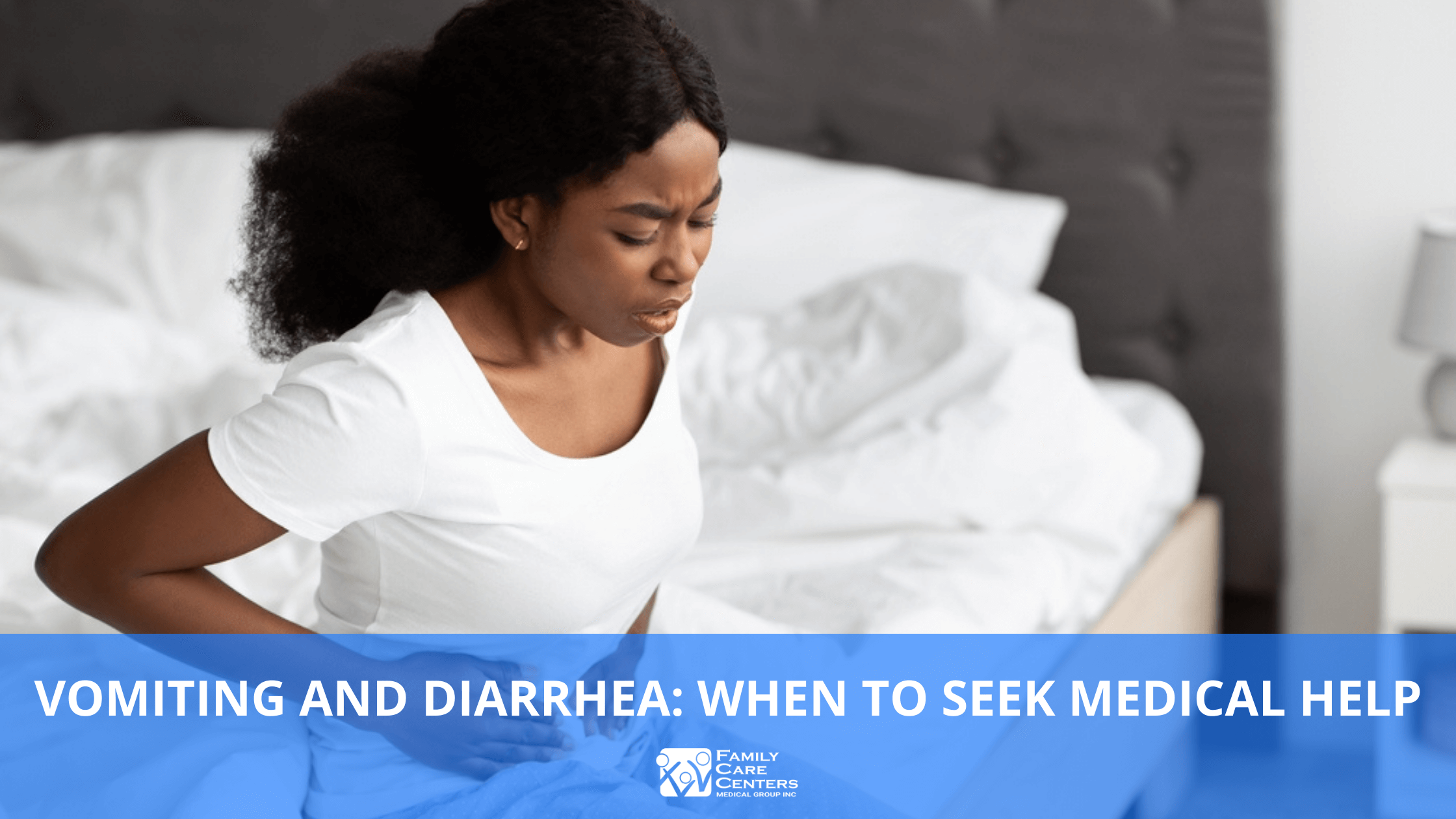
![Dog Vomiting Diarrhea Bloody Stool [+] 99 DEGREE](https://i.pinimg.com/originals/96/a8/ff/96a8ff3999ff193054823730f2af6b4b.jpg)
:max_bytes(150000):strip_icc()/how-to-treat-diarrhea-12982461-5c87fbf046e0fb0001cbf5ad.png)

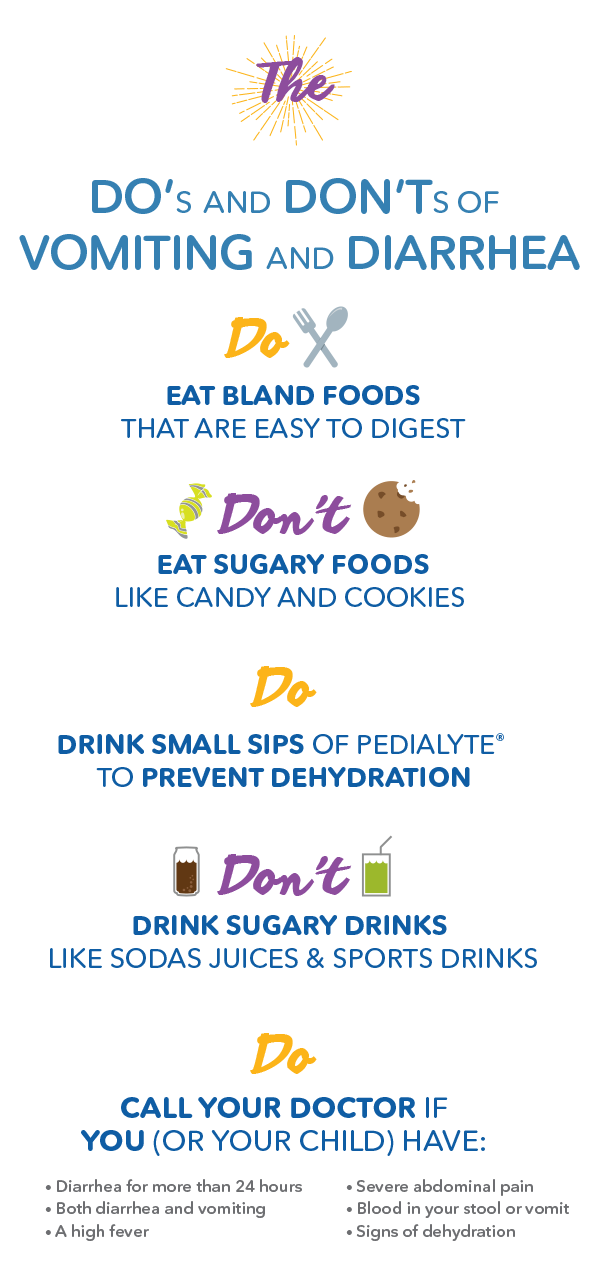
/GettyImages-151327789-56f376865f9b5867a1cc3e55.jpg)